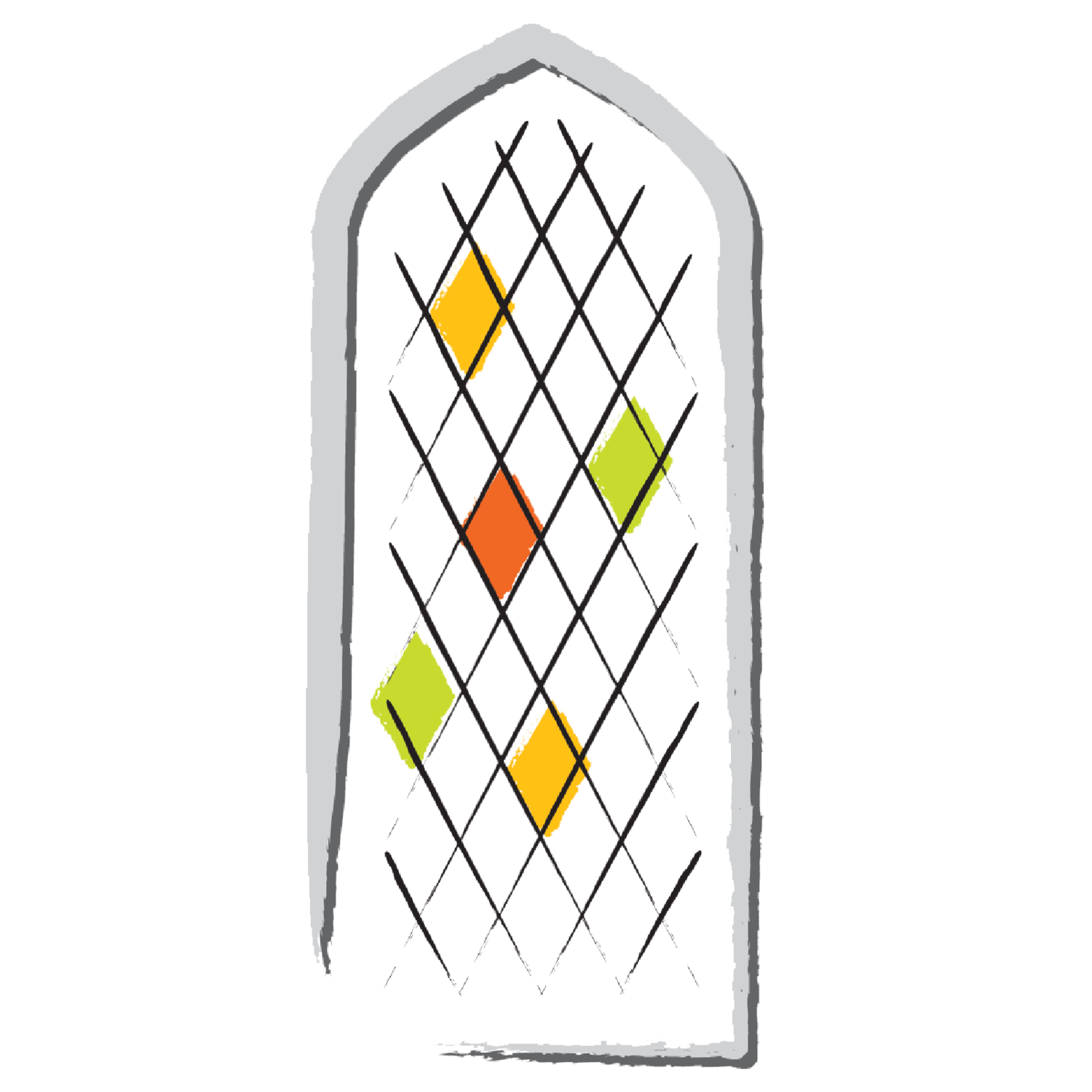Open minds lead to open hearts
Dear First Pres SLO Family,
Grace and peace to you in the name of the One who calls us—who blesses us and asks that we share that blessing with all the people in the world.
If you’ve been around First Pres lately you’ll recognize that line above as the One Great Calling of the Bible, that we respond to God’s blessings by sharing them with others. That’s an important reminder any day, but today in particular.
May 15th is a day of sorrow for the Palestinian people—they call it the Nakba.
May 14th is one of the most joyful days for the citizens of Israel.
What gives? As with most things, some history will help.
In the aftermath of the Holocaust in WWII, Jews in Europe and all over the world wanted a homeland where they could be safe from slaughter and persecution. In 1947 the United Nations carved out and delivered the territory we now know as Israel, and by the following year the land was settled by Jews from the region and Jewish refugees from all over the world.
But the land that was given to Israel wasn’t empty. Palestinian Arabs had lived in that region for centuries, mostly peacefully, side-by-side with their Jewish neighbors. More than 900,000 Palestinians were either killed or driven from their homes and shops and farms in 1947-48, and those properties were taken over by Jewish citizens of the new State of Israel.
Some Palestinians left forever, settling in Europe and the US and all over the world. Many stayed, but as refugees in their own country or in neighboring countries like Jordan and Lebanon. There are refugee camps within Israel filled with hundreds of thousands of Palestinians, who have been told that if they leave they would lose any claim on the lands that were taken from them. But there is no real mechanism for taking those claims to court, and so they have continued to live in these makeshift cities—for five generations or more.
Maybe the most basic part of the story that doesn’t get told is this:
When Israel was given a homeland so that they could be safe after the horrors of the Holocaust, the land they were given already had people in it. Those people are the Palestinians, and they have a complaint that the world has mostly ignored for more than 75 years.
Israel needed a homeland.
That homeland was taken away from someone else, the Palestinians.
Both of these stories are true.
Both sides experience the same set of facts differently.
Maybe the clearest way we can understand this idea is this:
On May 14th every year, Israelis celebrate their Independence Day. It’s a joyful day, like our own 4th of July, remembering their escape from the horrors of the Holocaust and the establishment of a nation where they can control their own security.
On May 15th every year, Palestinians have a different kind of holiday. It’s a sad day, full of weeping and mourning. It’s known as the Nakba, which is Arabic for “catastrophe.”
Two people groups, remembering the same events and facts, and experiencing them in very different ways. No wonder the rest of us throw up our hands and say “it’s too complicated.”
As the war between Israel and Hamas continues to cause death and destruction, overwhelmingly affecting innocent Palestinian civilians, it’s good for us to be more aware of the history behind the conflict. We owe everyone that, Israelis and Palestinians alike. Open minds lead to open hearts, and that’s likely to do more to bring peace to Israel-Palestine than anything else.
Blessings to you this week, and I look forward to seeing you on Pentecost Sunday,
Pastor John

